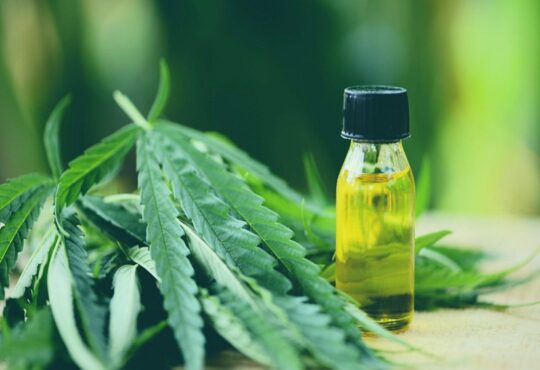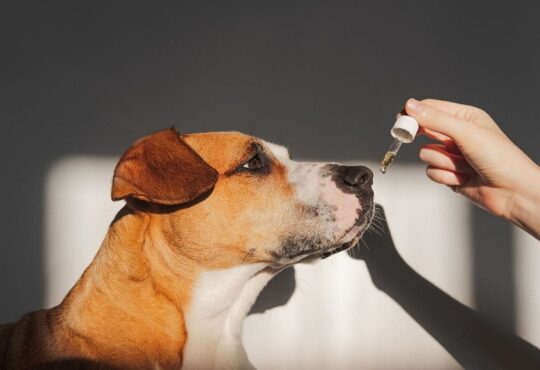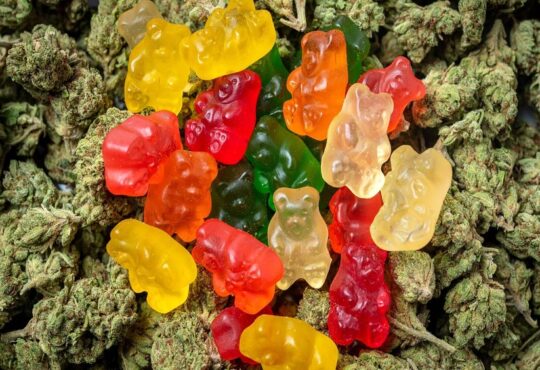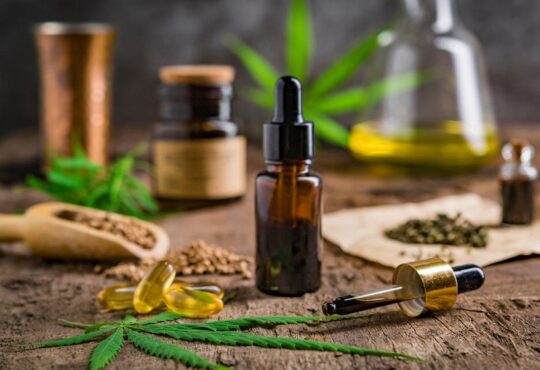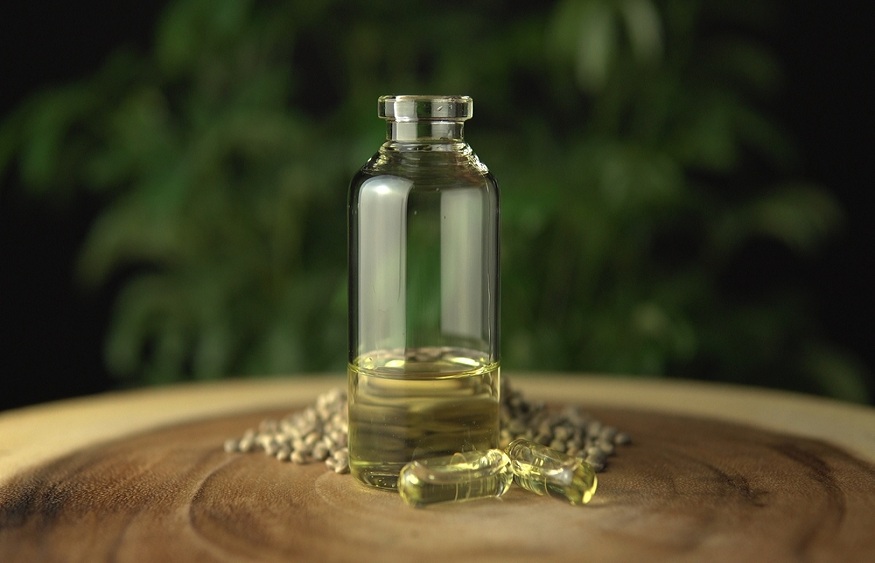
Does Truly Organic CBD Really Exist?
The difficulty in determining whether a CBD oil is organic lies in the fact that ‘organic’ has no hard-and-fast definition. The federal government has come up with a definition of its own, which differs substantially from some of the other definitions out there. But at least products that are demonstrated to meet the USDA definition can carry the USDA organic label.
Unregulated Labeling
Unregulated labeling within the CBD industry allows companies to utilize a single organic ingredient in a formula to justify calling the whole product organic. But given the sketchy definitions of organic, what is it about that one ingredient that makes it so?
This is one of the biggest problems in the industry right now. Though some states are starting to change things, labeling requirements for CBD oil and similar products are very limited. Manufacturers can get away with putting all sorts of things on their labels that don’t match reality.
Washington has seen this before. This is one of the reasons they developed an organic standard and a seal to verify it. You can at least buy products with the USDA organic seal and know that they meet Washington’s standards. You will have to decide if those standards are good enough for you.
What the USDA Requires
The first step in producing a USDA organic CBD product is growing the plant material organically. Growers cannot use synthetic fertilizers and chemical weedkillers or pesticides. They cannot use sewer sludge or irradiation. They are not allowed to genetically engineer their plants. That last one is a tall order in an industry as highly competitive as CBD extracts.
When all is said and done, a finished product cannot contain any toxic substances either. At least 95% of a product’s ingredients must also be certified organic. This seems simple enough, but there is a wild card: ethanol hemp extraction.
Houston’s CedarStoneIndustry explains that ethanol hemp extraction involves soaking plant material in ethanol to break it down and release the cannabinoids and terpenes processors are after. Ethanol would be considered a toxic substance. However, processors remove nearly all the ethanol prior to making CBD oil and other products. Here is the problem: nearly all doesn’t necessarily mean 100%.
Can CBD derived through ethanol hemp extraction qualify as truly organic? That is up in the air. You could make the case either way. But the only way you could know that about a particular manufacturer is voluntary information from that manufacturer describing its extraction process. Manufacturers and processors are usually reluctant to disclose such information.
Do Your Best
If you believe strongly in using only organic CBD, all you can do is read product labels and do your best to understand them. You may be able to investigate some manufacturers online. Every now and again, you will find information about extraction processes and any efforts to create a truly organic product.
You can take comfort in knowing that any CBD oil bearing the USDA organic seal at least meets the government’s standards for organic. Whether or not you agree with those standards is another matter. If not, you will have to find some other way of determining how organic your CBD oil really is. Good luck. Chances are you are in for a challenging task.

